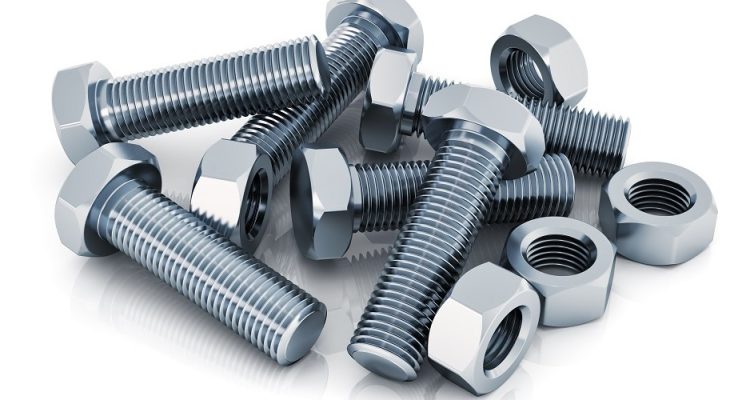
What materials are best suited for manufacturing stainless steel T-slot bolts for corrosive environments
Choose Type 304 for mild corrosion, Type 316 for higher resistance, or 17-4 PH for extreme environments. Duplex 2205 works well in chlorides, while Nitronic 50 and Inconel alloys offer strength in marine and high-temperature settings.
Table of Contents
ToggleUnderstanding the Basics of Fastener Materials
Choosing the right material for fasteners is crucial since the chosen substance must make the fastener safe, serviceable, and executed successfully, resisting the range of environmental and mechanical stimuli. Therefore, the basics of fastening materials must be understood in detail.
Importance of Material Choice
Mechanical characteristics and corrosion resistance of fasteners hinge on the chosen material, such as a carbon steel fastener will be strong and cheap, but less useful in a corrosive environment than a stainless steel fastener that also could be less strong than a high-strength alloy fastener. Moreover, the chosen fastening material need to have specific characteristics such as the ability to be magnetic or the capability of a special treatment.
Common Materials
Several common fastening materials are used in industrial fastener production:
- Carbon Steel. High strength ensures great application, and expense is minimal, which is a key to carbon being immensely widespread. However, carbon is likely to rust if coated or galvanized, so, it is not used as typical fastening material.
- Stainless Steel. Containing up to twenty percent of chrome, it can include molybdenum, titanium, and many other enhancing agents. It is much more resistant to corrosion as a carbon steel counterpart, so the material is commonly used in outdoor structures and marine fasteners. The most common varieties are 304 and 316 versions, the second one being more resistant to corrosive agents like chlorides, sulfur dioxides, hoist chromium chlorides, ethidium bromides, phosphoric acid, and other pollutants.
- Aluminum. Used widely in the automotive and aerospace industries, aluminum fasteners are similar in strength to stainless steel but are much weaker than the magnetic steel. nevertheless, they are also lightweight, have a good conductivity, and a high corrosion resistance rate.
- Copper. Better conductors than either of steel fasteners, copper fasteners are widely used in electrical applications, and they are also corrosion resistant, but much more expensive.
- Titanium. One of the strongest of materials used in fastening, titanium often joins metals in applications, where the weight must be reduced. It is not as brittle as steel fasteners, and its relatively high cost will add better use of the scarce material.
Fastener Material
The strength of a fastener is usually measured in terms of its tensile strength and its yield strength. For example, high-strength fasteners include those made from certain alloys, which have tensile strength greater than 1200 MPa. For corrosion resistance, the material is checked for its capacity not to degrade by different environment. In some industry such as in construction or marine requires full resistance from environmental effects. To this effect, stainless steel can be used.
Conclusion
Material choices for fasteners are a critical part of the mounting process. Considering the specific requirements of an application, and in particular, the environmental conditions, one can choose the material most suitable to resist those conditions and the strength required. The resulting assembled components would last and function according to requirement, leading to a successful and safe end product.
Corrosion-resistant fasteners are critical to the long-term reliability and functionality of a wide range of structures and machines. Further, understanding the environmental conditions and materials in contact with the fasteners is an essential part of selecting the right fastener to ensure it has the expected service life it should have.
Influences Leading to Fastener Corrosion
There are various causes of fastener corrosion which includes exposure of the fasteners to water and salt in the air as it is evident on the fasteners used in the coast. These reduce the strength and the lifespan of the fasteners. The fasteners can also be subjected to chemical corrosion as to the fasteners in the underground which is used to hold the billboards. Such environment exploit the use of stainless steel fasteners to limit the effects in the reaction of the acid or the base in the soil.
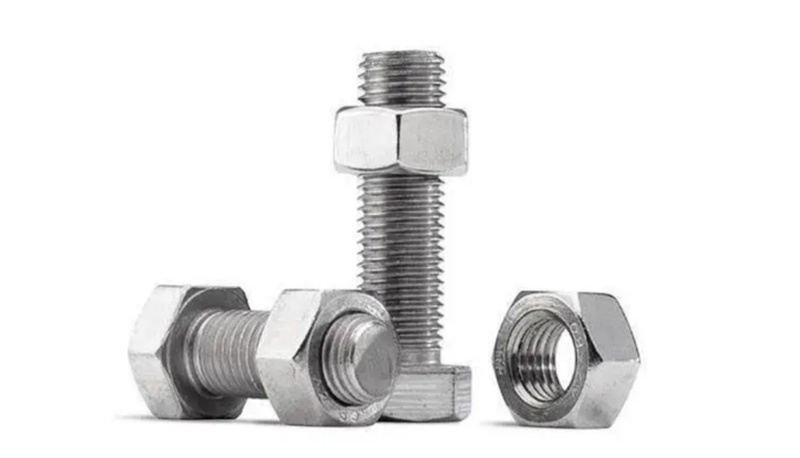
Automotive Bolts
Assessment of Material and Finish for Durability
For any corrosion-resistant fastener, material and finish are two critical factors when it comes to utilizing the physical characteristics of materials to ensure durability. Certain materials such as stainless steels, nickel alloys, and specific grades of steels with additional elements such as chromium and molybdenum (NASA, 2012). The finish of the fastener can also reflect whether it has further protection from corrosion. Examples include steel fasteners which are coated with galvanized finish which acts as a barrier between the base metal and its environment. Another example is black oxide or zinc plated finish, which can offer better durability in extreme conditions. Furthermore, the design of the fastener can also prevent or mitigate corrosion. For example, the threads of the fastener can be coated and a suitable sealant can be applied to the area under the head to protect the fastener from any moisture which can enter through the load-bearing area. As a result, engineers or anyone responsible for the selection of the fastener must be able to ensure that the appropriate high-strength fasteners are utilized in their applications. The right selection of material and finish would ensure that the fasteners will last for the lifetime of the piece of equipment or the structure and the maintenance costs associated with repairs and/or replacements are minimized.
Advantages of Non-Steel Material for T-Slot Bolts
For T-slot bolts which are to be used in environments where corrosion, weight, and non-magnetic properties are factors which need to be engineered out, non-steel materials for the T-slot bolt may be beneficial. Some of the advantages are the characteristics of the materials which can be engineered out to provide a specific solution for the specific environment and the specific industry.
Benefits of Aluminum and Silicon Bronze Fasteners
Aluminum T-slot bolts are popular for their lightness and excellent corrosion resistance. They are especially good in applications where weight is critical, such as aerospace and automotive applications. Being light, aluminum is strong, with some alloystensiles like 7075 having laminar ulteno tensile strength of nearly 480 MPa.
Silicon bronze fasteners marry the corrosion resistance of bronze with the non-sparkliness property of silicon. Silicon bronze bolts are non-sparking, so they are useful in hazardous situations, such as in oil rigs or in areas of chemical processing. They are also impervious to marine corrosion, with a corrosion rate of less than 0.01 mm/year.
Considerations for Copper, Brass, and Nylon
Copper bolts are highly conductive of electricity, so they are used for their conductivity. They are corrosion resistant and can be used in many applications. However, being soft, theyis best suited for applications of moderate strength requirements.
Brass T-slot bolts are more corrosion resistant and are a little harder, not to mention that they have a non-marring surface. They are best used in decorative applications or in applications requiring a nice finish to the eye.
Common brass alloy C360has a tensile strength of about 240 MPa. It is generally useful in many applications that do not require extreme strength.
Nylon T-bolts are useful in applications where a non-metallic non-conductive fastener is required. It is tough and resists abrasion and impact well it is also slippery. As a result, food processing equipmentis made with moving parts of nlon so that wear and tear of machinery can be minimized.
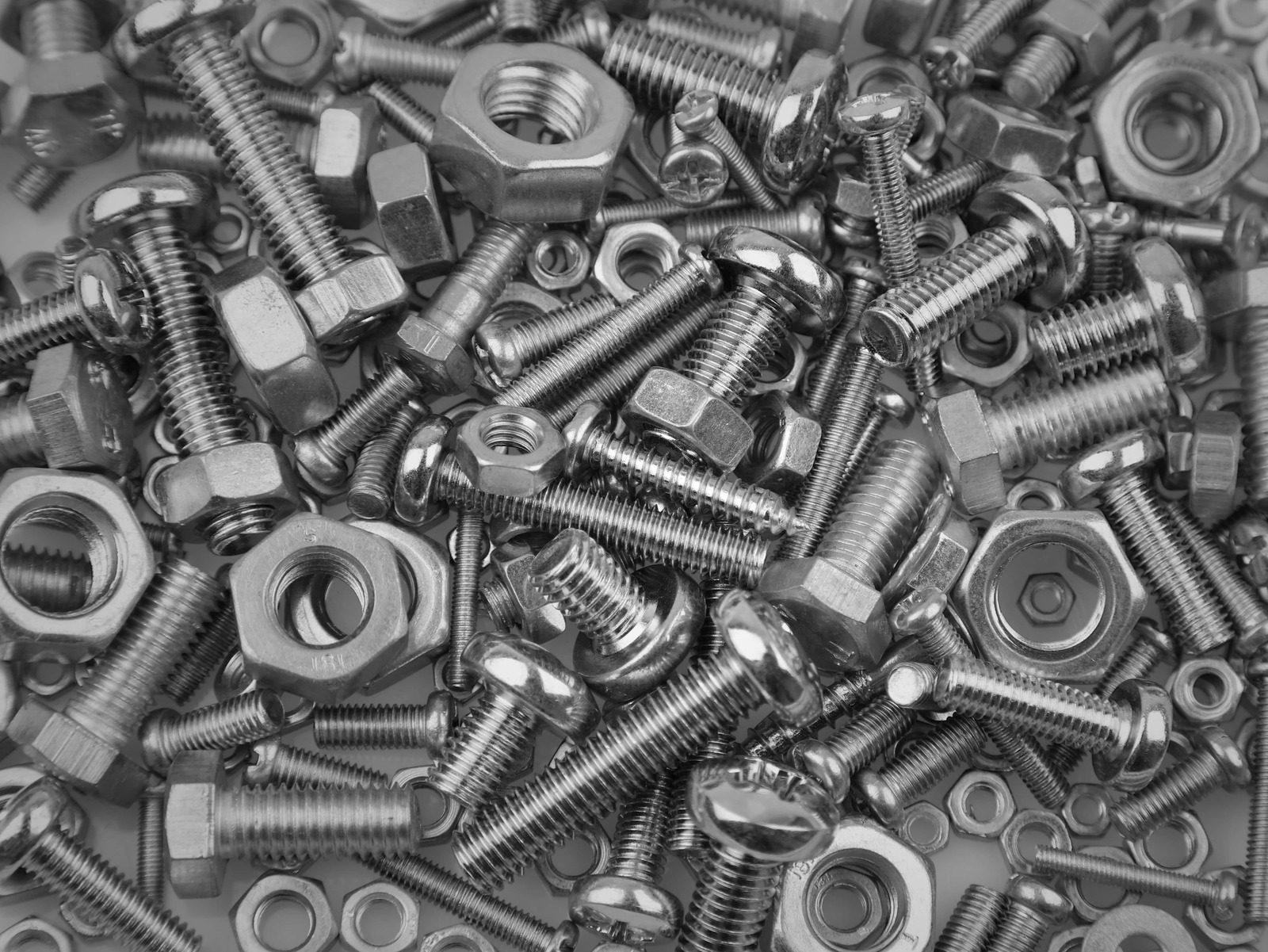
When to Use Bolts
Finalizing Material Selection for Harsh Conditions
When deciding on the appropriate materials to be used for T-slot bolts in harsh conditions, a variety of factors must be taken into account. Moreover, such details should assure that the T-slots can perform their function and not be negatively affected by the harsh environment. Important Factors in Choosing T-Slot Bolt Material
The first factor to consider is the strength of the material, a characteristic that is mainly determined by the nature of the specific environment. Thus, if the system in which the bolt will be employed in heavily loaded or experiences high vibration, a high-strength material, such as specific stainless steel grades or metals with high tensile strength must be selected. The second essential factor, in this case, would be the corrosion-resistance properties of the material. As such, T-slot bolts used in extremely corrosive environments should be made of stainless steel or silicon bronze to ensure these items do not bear victim to the corrosion caused by strong acids or salt. The third factor is thermal expansion, which might lead the bolt to loosen or become detached if the material is not adequately compensated or allowed for.
Assessing the Application and Budget Requirements
Once you have understood the demands of the environment and mechanical, you need to assess the specific application and budget requirements. The type of material you choose will have a huge impact on the overall cost of your project. For instance, while silicon bronze can offer you excellent corrosion, it might not be the most cost-effective solution you can get for your application. Ins such a case, choosing a galvanized carbon steel bolt would offer you an economical option since the environment is not overly corrosive. The Importance of Expert Consultation for the Ideal Selection
Material selection for T-slot bolts is not an easy task especially when they are intended to be installed in harsh conditions. This is why it is important for you to seriously consider expert consultation. Materials engineers or those working in the industry are likely to provide you with the most updated information concerning the newest materials, coatings, and treatments that can be used to increase the longevity of the bolt. In such a case, they may recommend you to have a custom alloy developed to offer you the right combination of strength, resistance to corrosion, and design at a lower cost. Additionally, an expert would allow you to know some of the implications associated with the choices you make including maintenance or plans or possibility of material weakening in the near future.
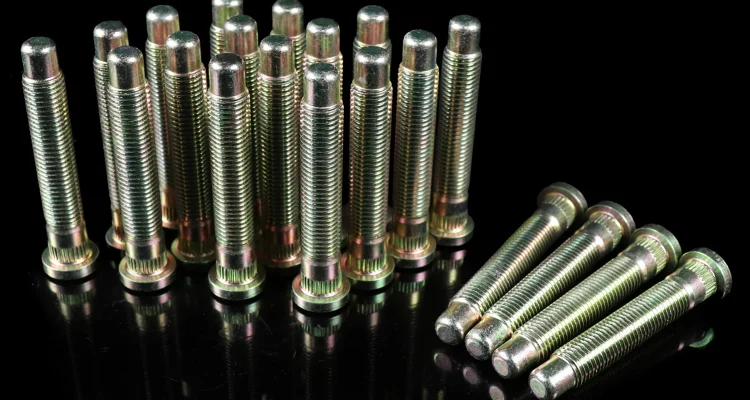
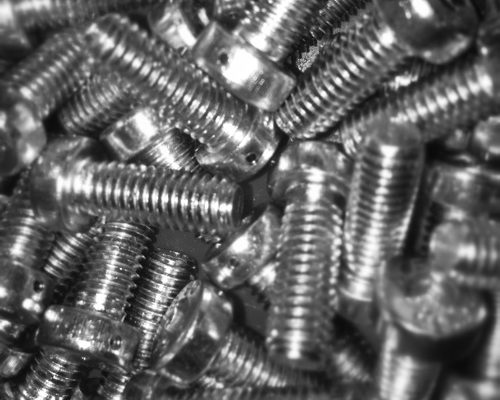
How to connect with screw suppliers
Connect with sc…
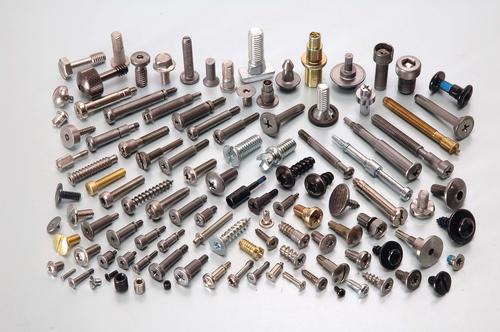
5 Types Of Screws And Their Best Uses
Tek screws are …
